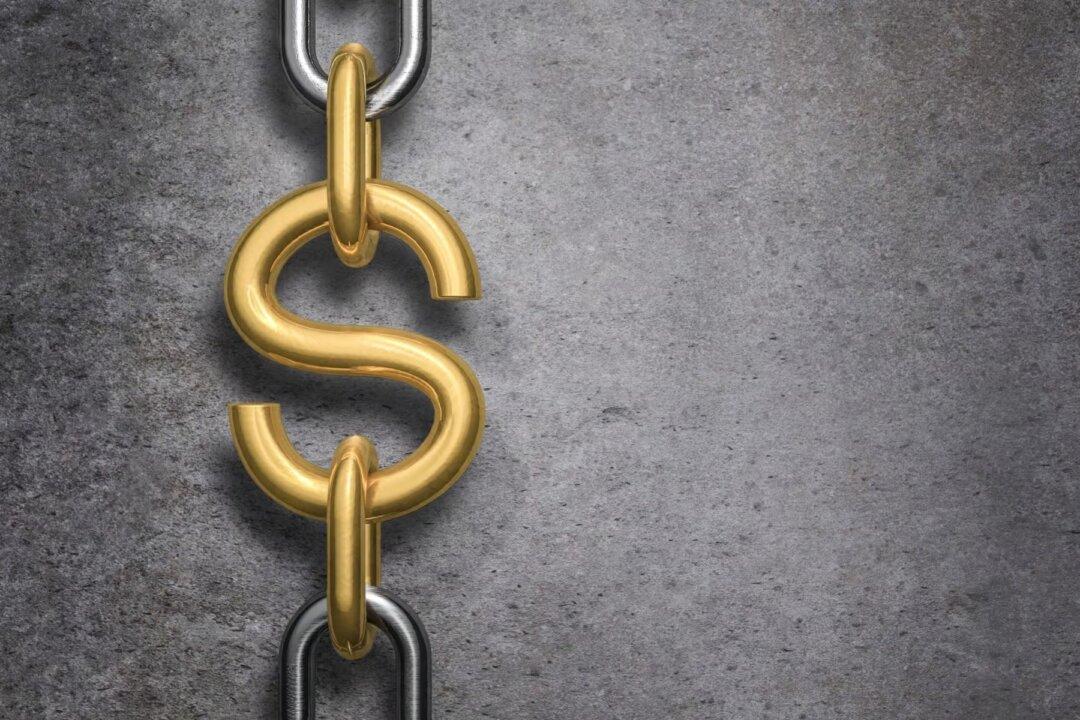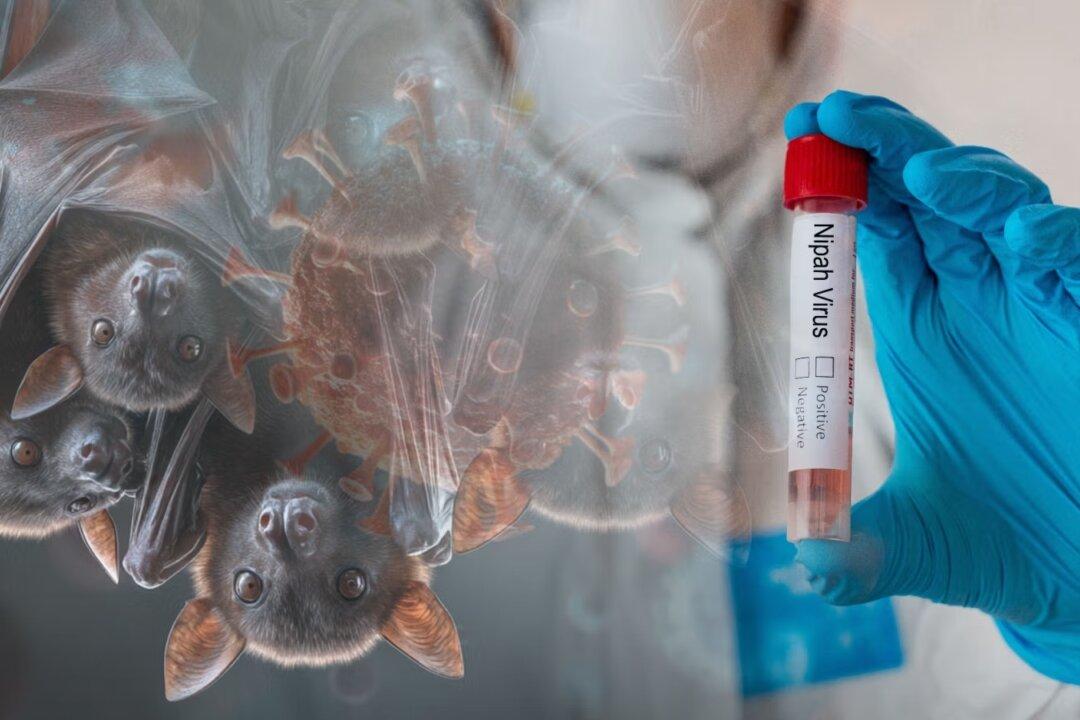Commentary
Relax for a few minutes, sit back, and pretend morals and business ethics are redundant. Then imagine an infallible, risk-free business scheme in which you get to create the market, decide the product, manage its regulation, then have the power to confine people to their homes or remove their income until they submit to buying it. And no one can sue you or take you to court if it all goes wrong.





